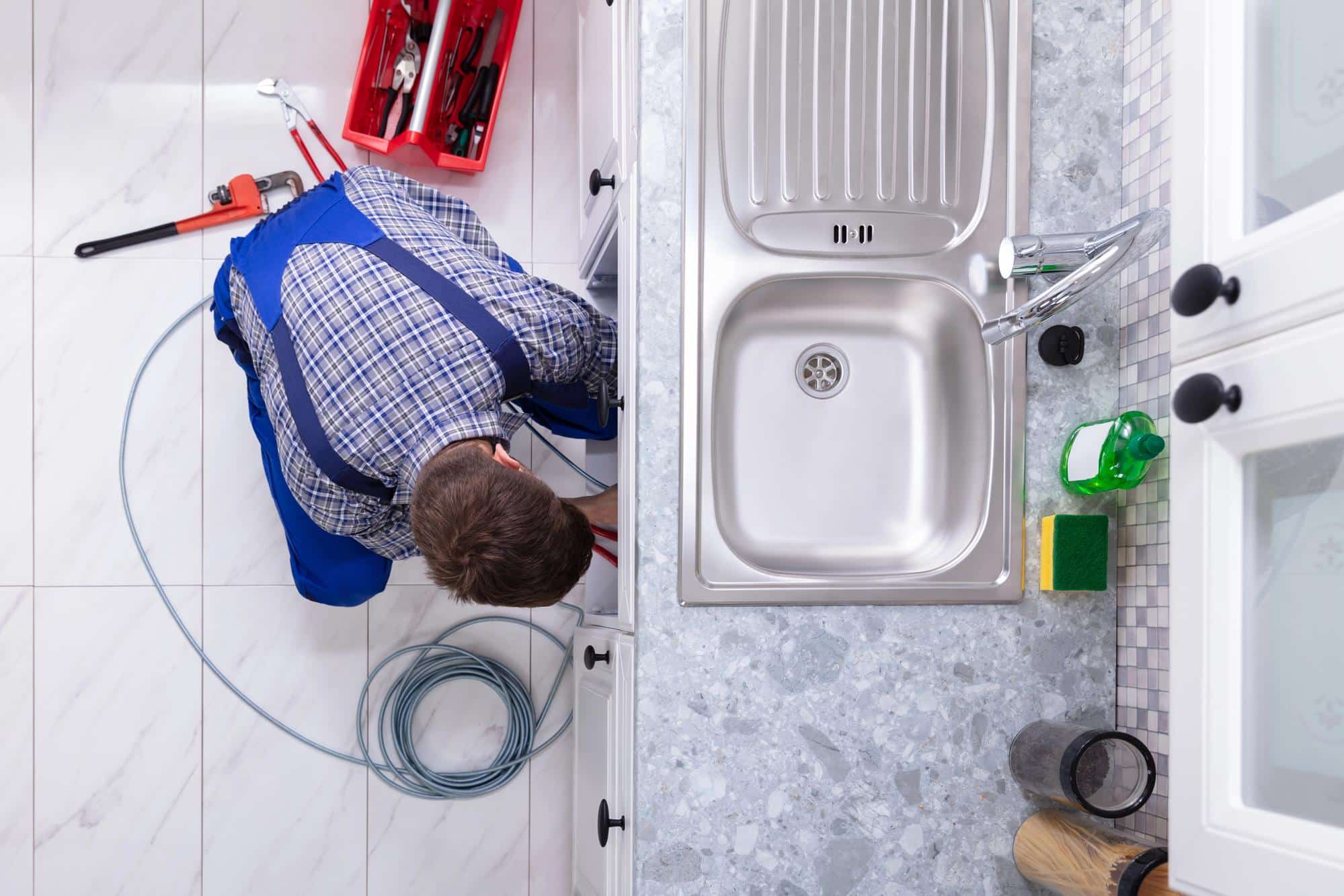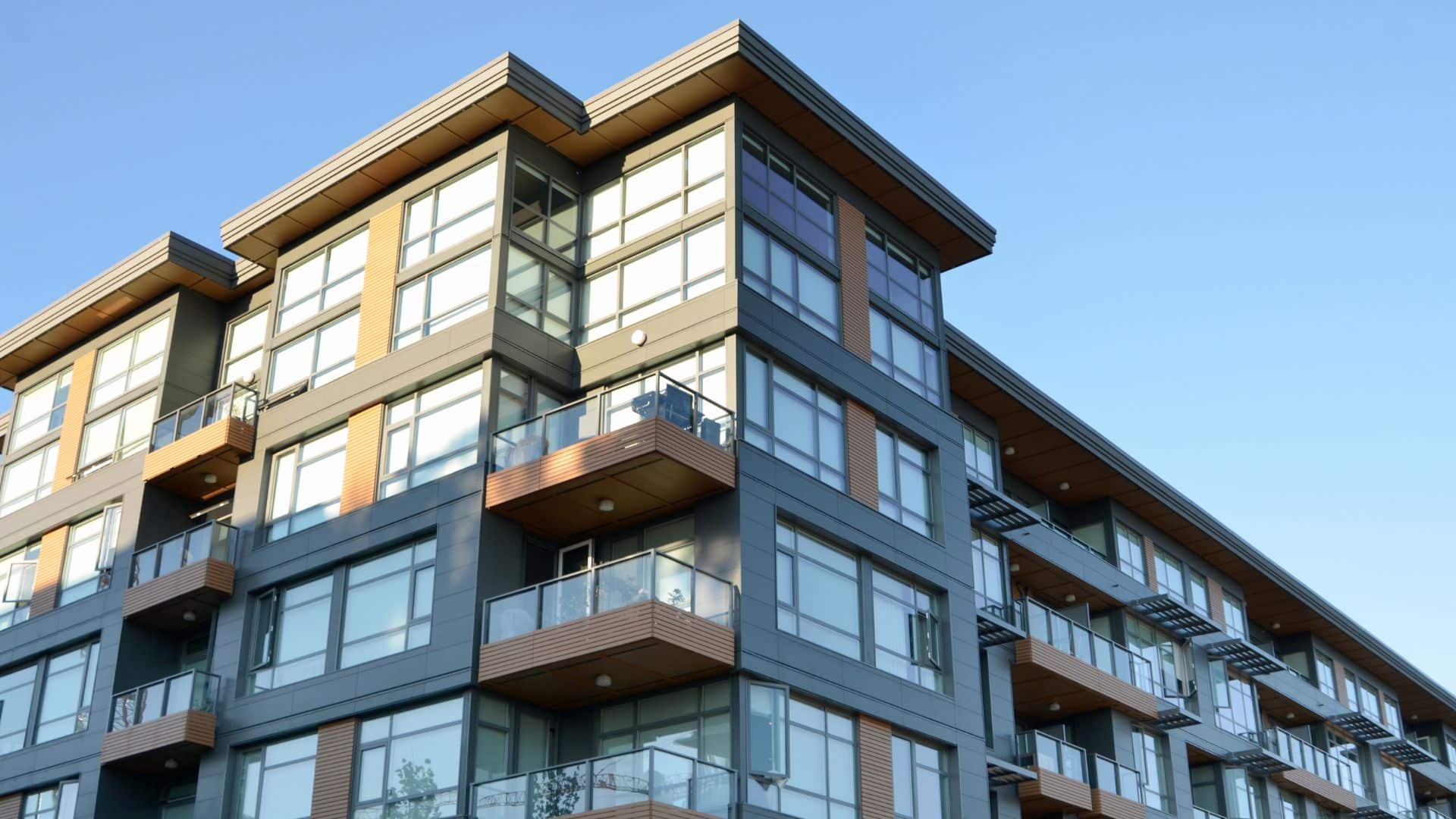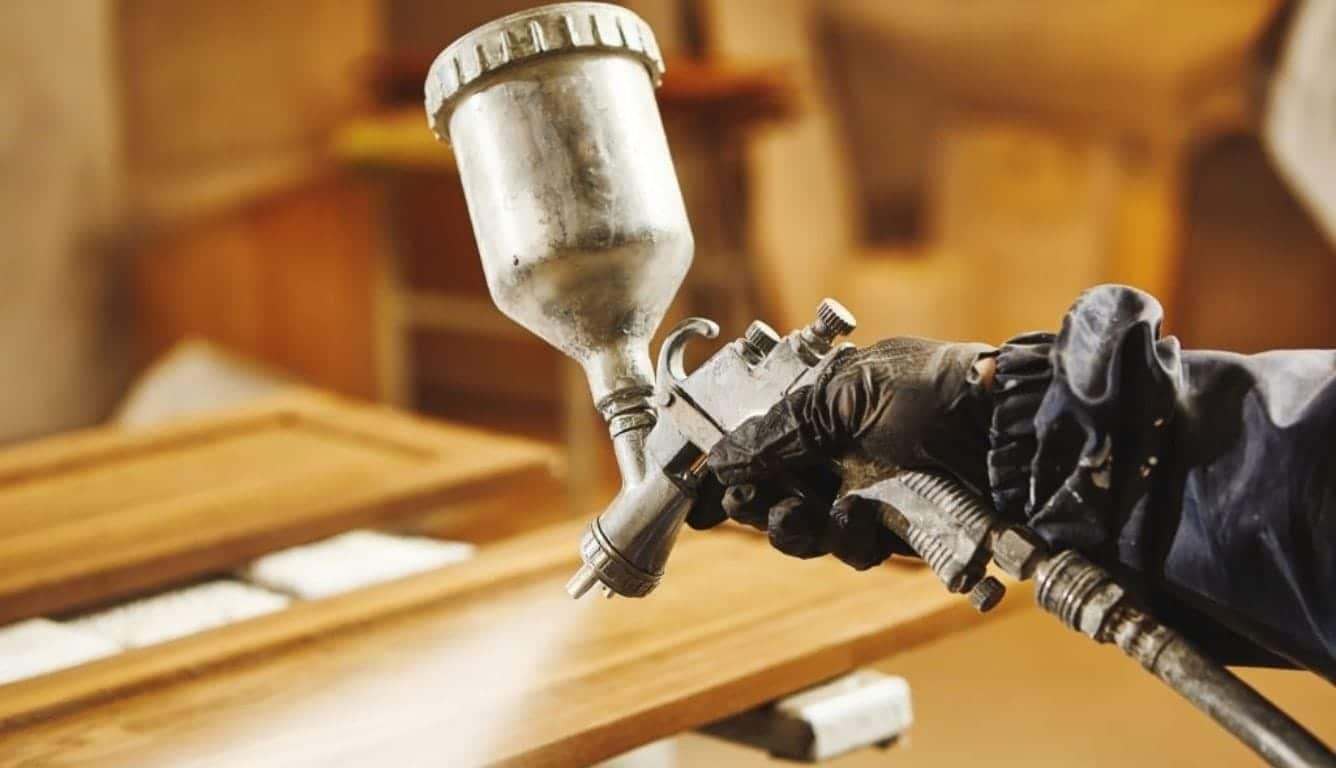Top Tips for Maintaining Your Home’s Plumbing System: A Comprehensive Guide
The proper upkeep of your home’s plumbing system is crucial for ensuring the efficiency and longevity of your water supply and drainage systems. Neglecting routine maintenance can lead to serious issues such as leaks, clogs, and even flooding.
These problems can escalate quickly, causing costly damage and significant inconvenience. By regularly maintaining your plumbing, you can prevent these issues, save money on repairs, and ensure a healthy, functional plumbing system.
This comprehensive guide covers essential tips for plumbing maintenance of your home’s plumbing system. From regular inspections and drain cleaning to water heater maintenance and preventing frozen pipes, this guide will provide you with valuable insights to keep your plumbing in top shape.
Regular Inspection and Maintenance
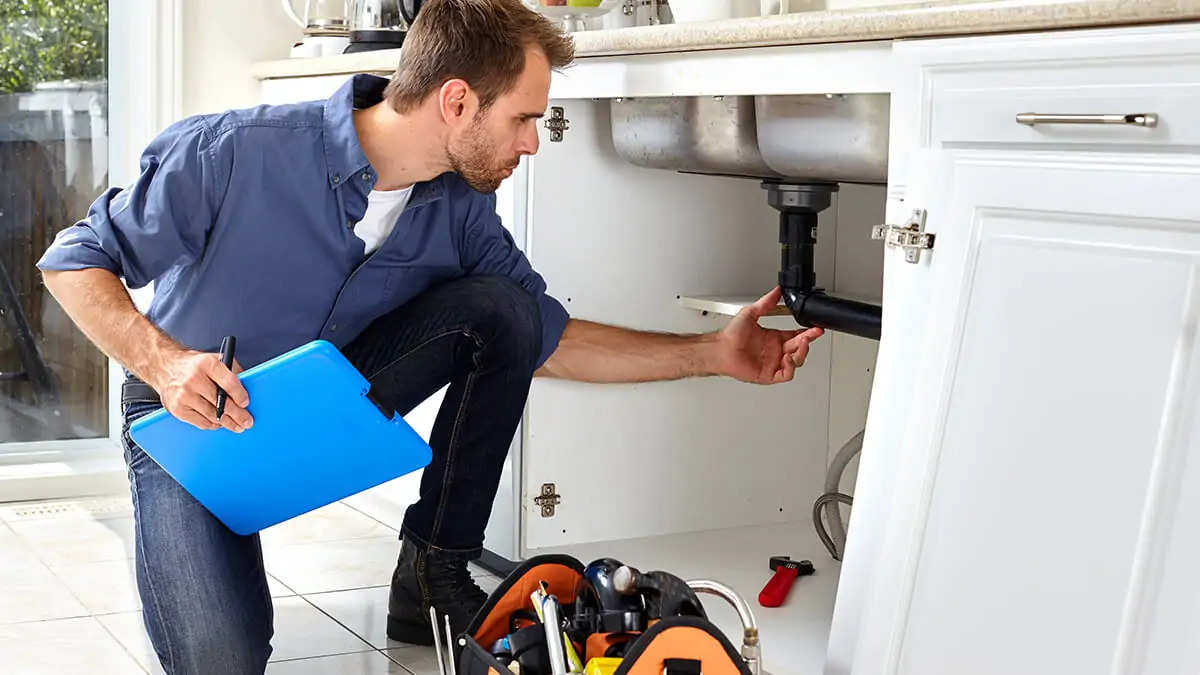
Regular inspections play a critical role in maintaining your plumbing system. It is advisable to schedule periodic inspections, at least once every six months, to detect any potential issues early.
First, check for any leaks and drips. Even minor leaks can lead to significant water waste and damage over time. Pay attention to common leak points such as faucets, showerheads, and under-sink pipes.
Next, inspect your pipes for any signs of corrosion, damage, or wear. Corroded pipes can weaken and eventually cause leaks or bursts. It’s essential to replace any damaged sections promptly to avoid more extensive repairs later.
Also, ensure that your water pressure levels are optimal. Water pressure that is too high can strain your pipes, while low water pressure might indicate a problem within your system. Using a water pressure gauge can help you keep tabs on this crucial aspect.
Keeping Drains Clear and Functional
Clogged drains are a common plumbing issue that can cause severe problems if not addressed quickly. Adopting best practices can help prevent these clogs and keep your drains functioning properly.
One effective measure is using drain screens. These screens catch debris such as hair, food particles, and soap scum before they can enter the drain and cause blockages. Make it a routine to clean these screens regularly.
For a natural and eco-friendly way to clean your drains, try using a mixture of baking soda and vinegar. Pour half a cup of baking soda down the drain, followed by half a cup of vinegar. Let it sit for 15-20 minutes, then flush with hot water. This method can help break down any build-up and keep your drains flowing smoothly.
It’s also important to recognize the signs that you need professional help. Slow drainage, persistent clogs, and unpleasant odours are indicators that it might be time to call a plumber.
Water Heater Maintenance
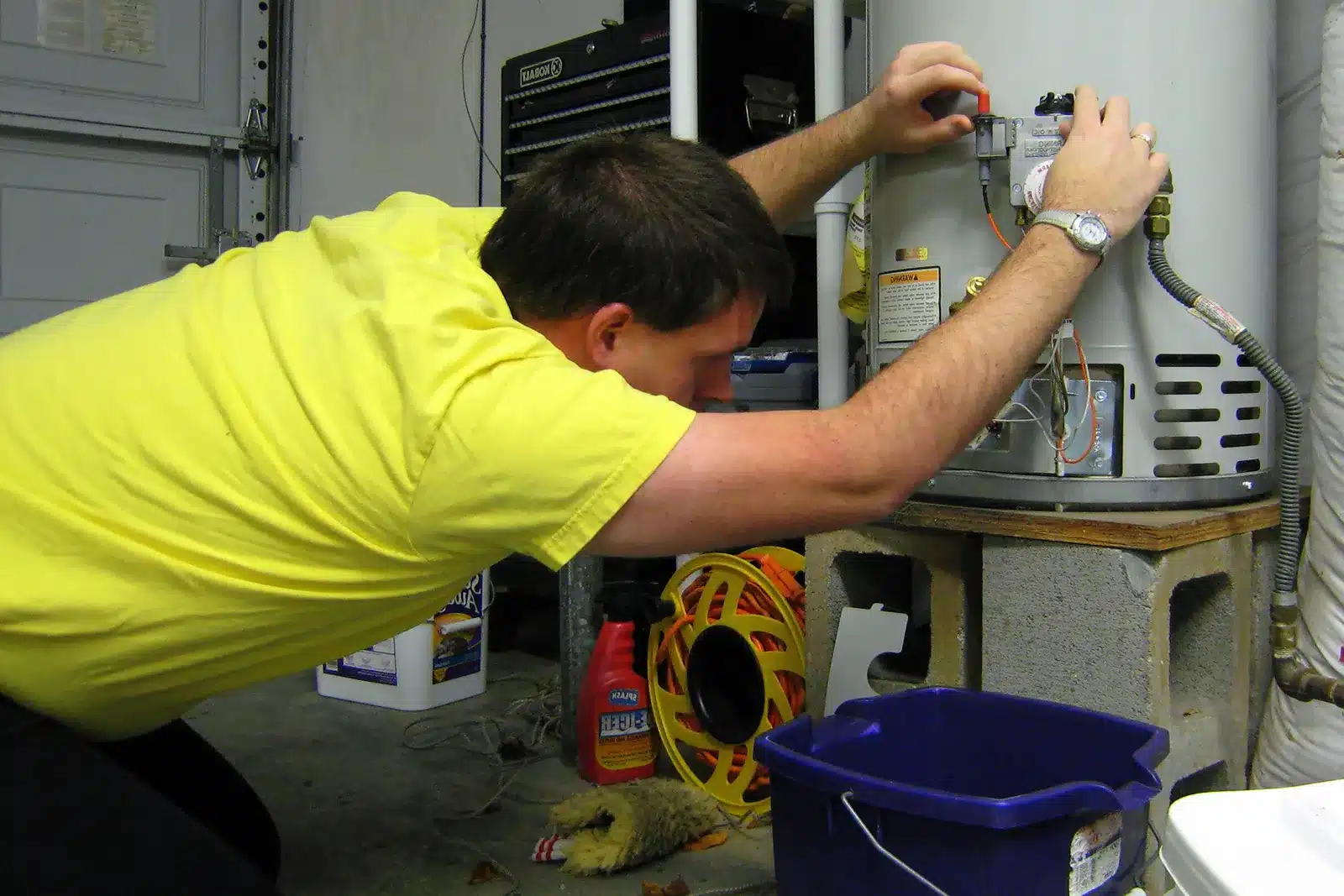
Your water heater is a vital component of your home’s plumbing system, and it requires regular maintenance to function efficiently.
Flushing your water heater at least once a year can help remove any sediment build-up that can affect its performance. Sediments can reduce heating efficiency and shorten the heater’s lifespan. Follow the manufacturer’s instructions for safely flushing your unit.
Additionally, check the temperature settings on your water heater. The recommended temperature is typically around 50-60 degrees Celsius. Setting the temperature too high can pose a burn risk, while a too-low setting might not provide adequate hot water.
Inspecting the anode rod in your water heater can prevent corrosion. The anode rod attracts corrosive elements, thereby protecting the tank. If the rod is significantly corroded, consider replacing it to extend the life of your heater.
Learn to recognize signs of water heater issues, such as inconsistent water temperatures, strange noises, or discoloured water. Addressing these problems promptly can avoid major breakdowns.
Plumbing System Upgrades and Repairs
Investing in plumbing upgrades and timely repairs can bring numerous benefits, including improved efficiency and increased home value.
Old fixtures and pipes may not meet current standards and can be more prone to issues. Upgrading to modern, water-efficient fixtures can reduce water consumption and save money on utility bills. Look for signs of outdated plumbing, such as discoloured water, frequent leaks, or reduced water pressure.
While some minor repairs can be DIY projects, it’s crucial to know your limits. Simple tasks like replacing a washer or fixing a minor leak can be done independently, but more complex issues should be handled by professionals to avoid further damage.
Performing a cost-benefit analysis of plumbing upgrades might reveal potential long-term savings. Upgraded systems often pay for themselves in savings and increased durability.
Preventing Frozen Pipes in Winter
Winter can be particularly harsh on your home’s plumbing system, making it essential to take preventive measures against frozen pipes.
One effective method is to insulate your pipes, especially those located in unheated areas like basements, attics, and garages. Insulation sleeves or heat tape can provide the necessary protection against freezing temperatures.
It’s also crucial to keep a steady water flow during extremely cold weather. Letting faucets drip slightly can prevent water from freezing within the pipes. Although this might seem wasteful, it can actually save you from the higher costs of repairing burst pipes.
If your pipes do freeze, act quickly. Turn off the main water supply and try to thaw the frozen section using a hairdryer or warm towels. Never use an open flame, as this can cause permanent damage. If you’re unable to thaw the pipe or if it has already burst, call a professional immediately.
Implementing long-term solutions can further safeguard your plumbing. Heat tape, insulation, and maintaining adequate home heating during winter months can offer ongoing protection.
Conclusion
Maintaining your home’s plumbing system doesn’t have to be overwhelming. By following these key maintenance tips, you can ensure the longevity and efficiency of your plumbing. Regular inspections and upkeep, proper drain management, water heater care, and preventive measures against frozen pipes collectively contribute to a well-functioning system.
The long-term benefits of consistent plumbing maintenance include reduced repair costs, improved water efficiency, and peace of mind knowing your home is protected. Don’t hesitate to seek professional advice when needed, as experts can provide valuable insights and solutions for more complex issues. Protecting your home’s plumbing system is crucial for maintaining a comfortable and functional living space.

